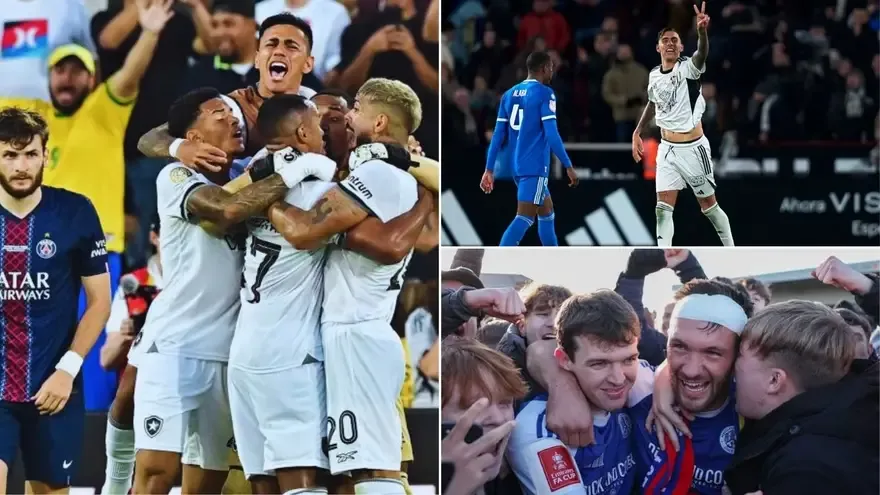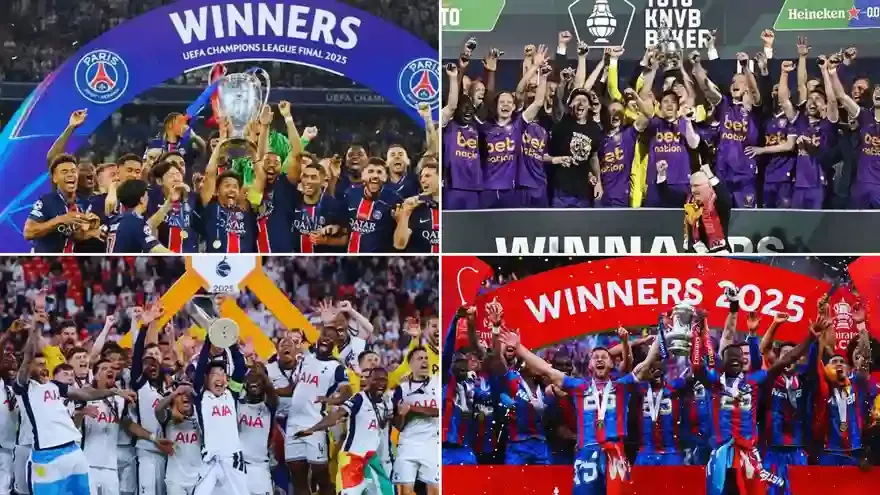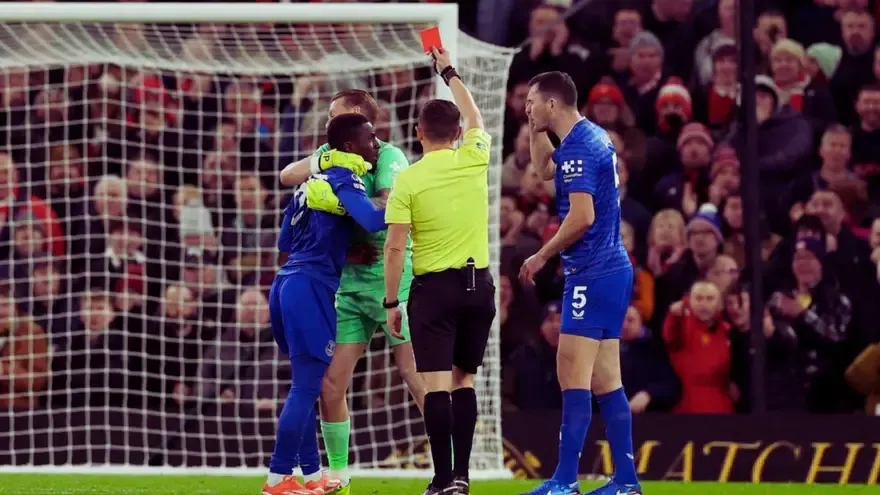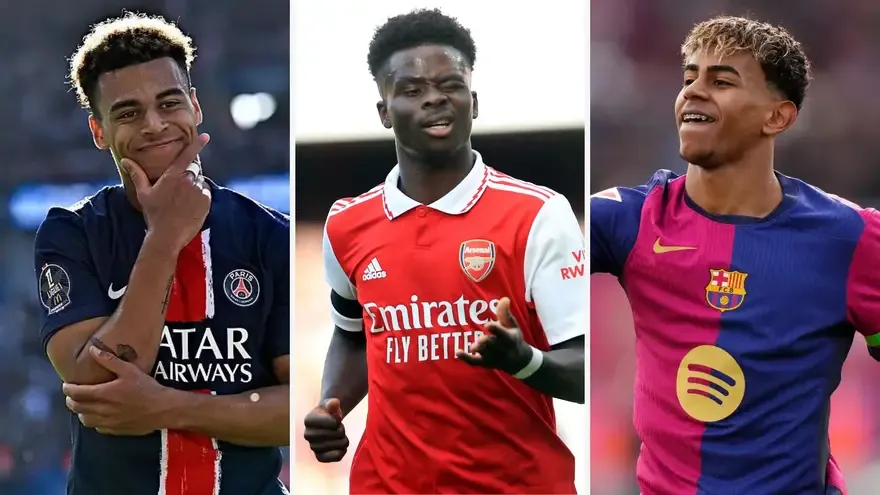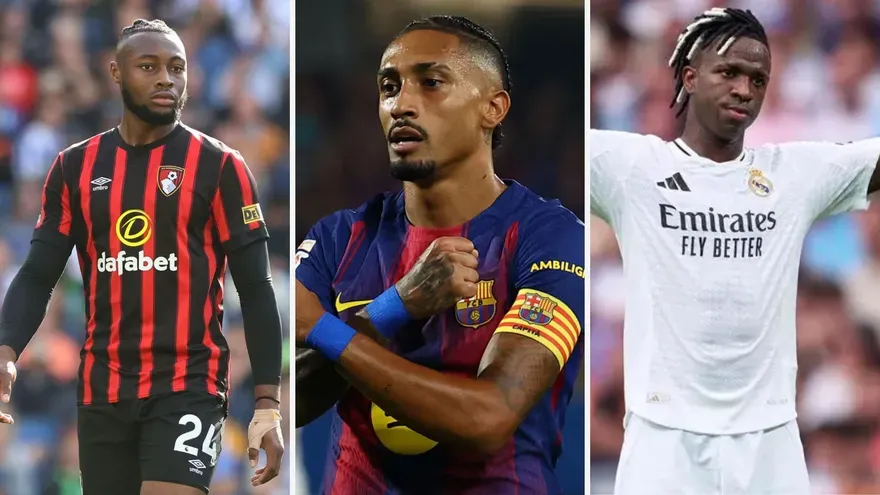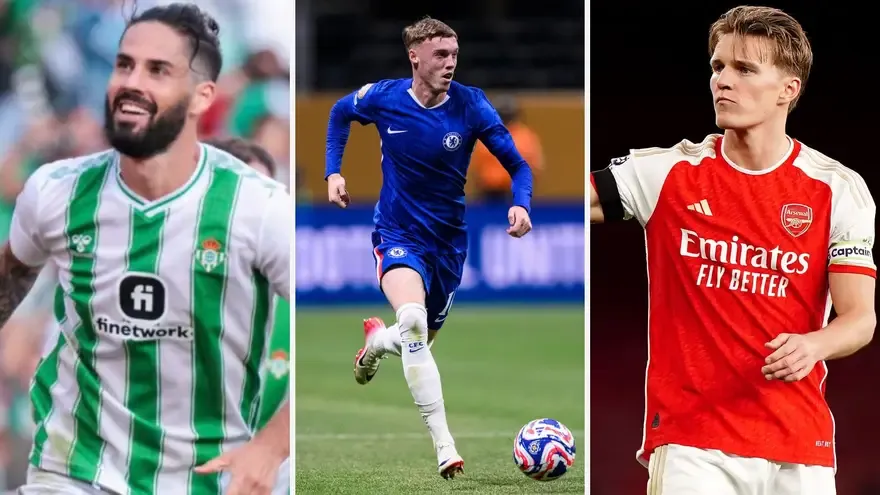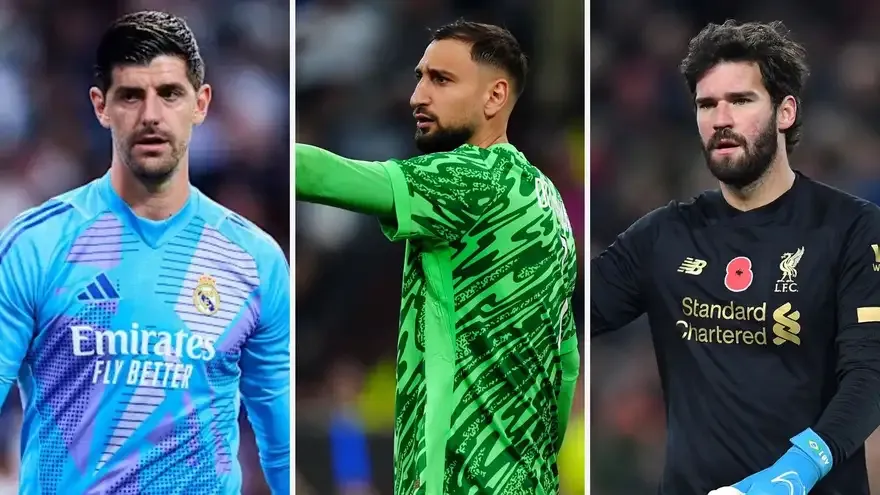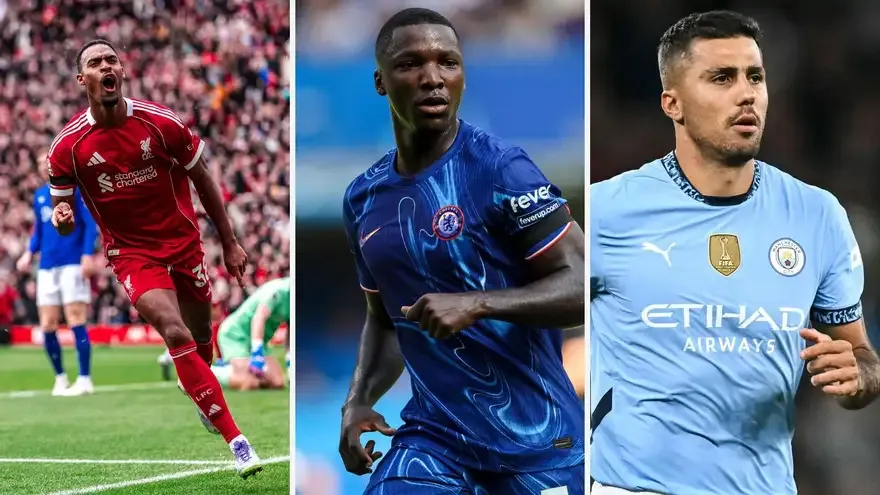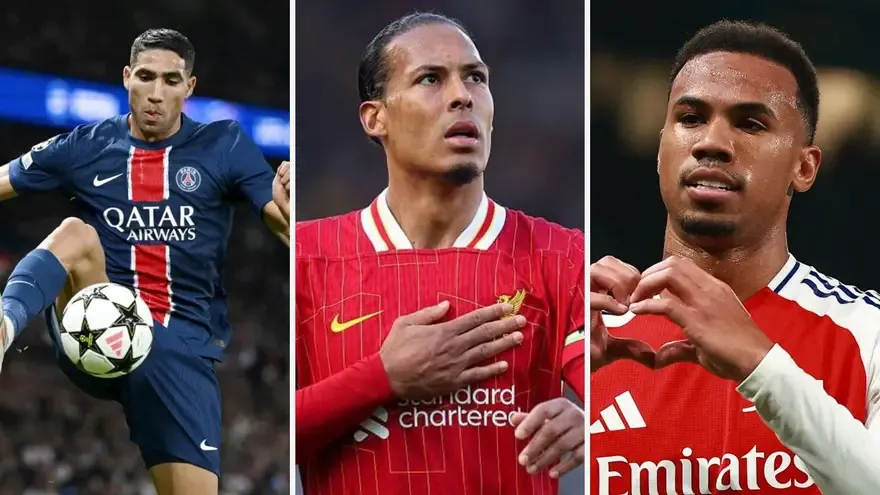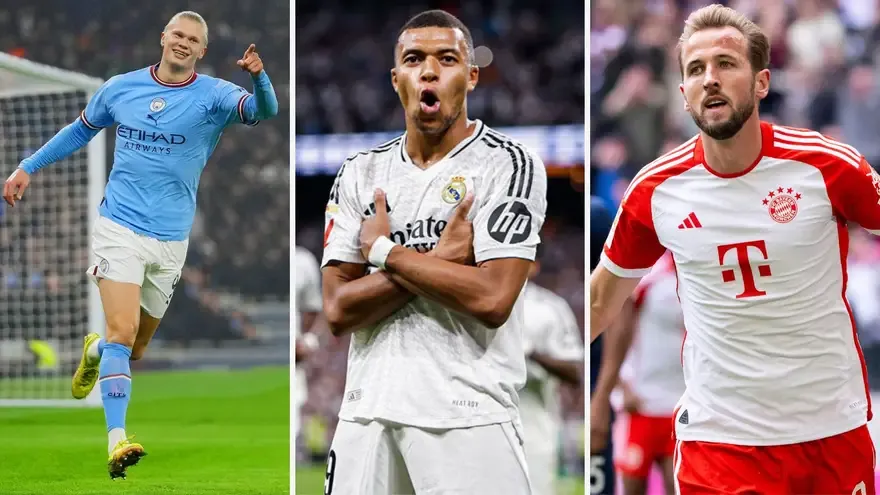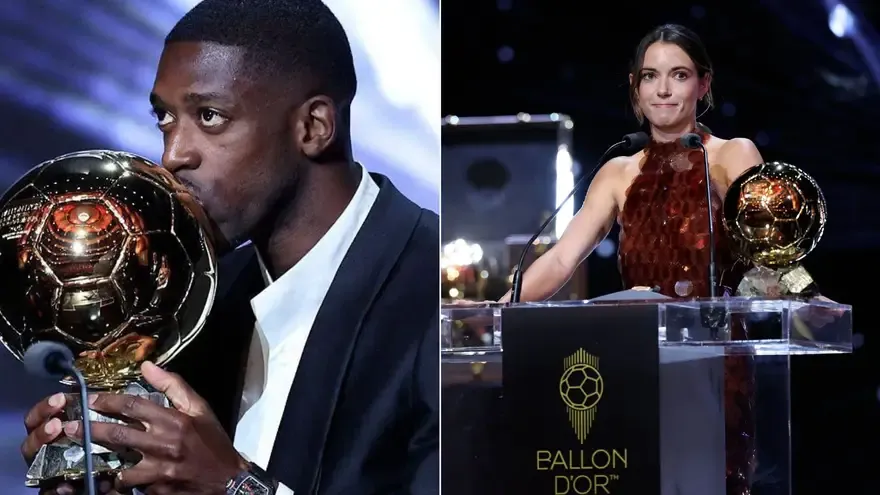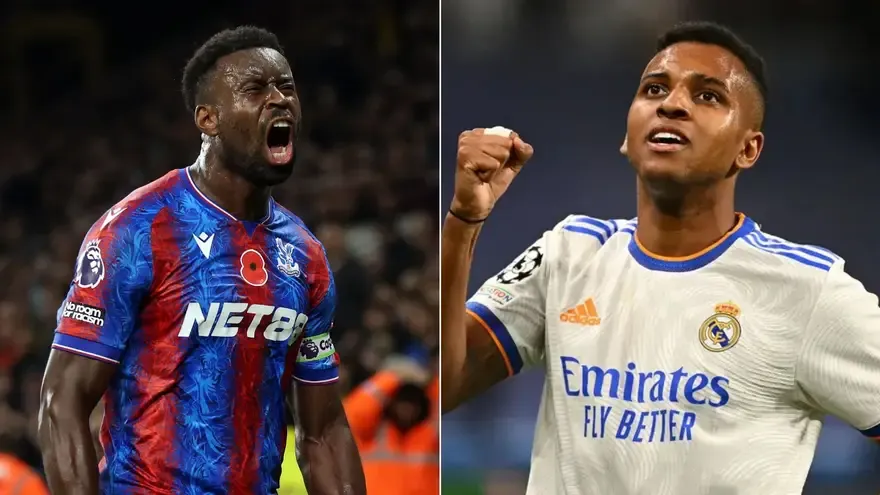In football, a target man is a striker who is the intended recipient of his teammates' passes. From the beginning of the game till now, the classic center-forward or 'target man' has played an important role. The ideal target man is typically a tall player who can also play physically. They'll also be strong enough to keep the ball in play, hold off defenders when vying for it, and bring teammates into the game. A tall and strong target man is ideal since they will be able to play with their back to the goal more easily. These players were also the team's key goal scorers, and superb finishing is a must for greats in this position.
If they didn't score, the center-forward played a key role by physically dominating opponents and keeping them occupied and on the back foot. They'd spend a lot of his time trying to win the ball in the air. They were primarily responsible for a large number of goals by getting on the end of crosses and heading the ball into the net. From the beginning of the game to the 1960s, the role of a classic center-forward was at its peak. The original English game was quickly superseded by a tactical and technical hotbed of talent as a result of the infusion of European footballers, managers, and ideas. Fans were introduced to new systems, styles, and thoughts that pushed the boundaries of what was previously thought feasible.
Mourinho introduced a counter-attacking 4-3-3, Klopp brought a 4-3-3 gegenpressing, Guardiola inherited tiki-taka from Cruyff. Suddenly, the role of 'target man' seemed ridiculous and primitive. Long ball tactics were for the weak and untalented, those who couldn't deal with the new world order, and possession was king. The underdog's weapon became the target man. Top teams adjusted their gameplay but the bottom half teams still used the classic ‘target man’. Andy Carroll scored 17 goals for Newcastle United in 2009-10, assisting them in regaining their Premier League position. Between 2012 and 2015, Christian Benteke scored 42 goals in 89 games for Aston Villa, helping them avoid relegation three times in a row. But neither of them flourished for the top teams.
The 2018 World Cup, on the other hand, was full of shocks. Perhaps the most notable of these unexpected phenomena is the comeback of traditional target men, whose significance has been widely emphasized thus far. From a tactical standpoint, the most important feature is that most teams deploy a deep block and aim to be as compact as possible, limiting space between the lines. The target men were able to shine in the last World Cup as a result of this. Artem Dzyuba, Diego Costa, Jefferson Farfan, Olivier Giroud, and Mario Mandzukic were all outstanding. Finishers who are strong, good in the air, and clinical. They weren't the most attractive players on the field, but they were undoubtedly effective.
Best modern-day ‘Target Man’ - Olivier Giroud
Giroud can play in a variety of offensive positions, but he is most often seen as a striker or a center-forward. He has been dubbed a "target man" because of his playing style and proclivity for scoring goals after coming off the bench. He is recognized for his consistent goal-scoring rate, size, physical strength, heading accuracy, powerful shot, ability to hold the ball up with his back to goal, and ability to link up play or create space for his teammates with his movement off the ball. He didn't score a single goal in the World Cup, but he was instrumental in the success of players like Griezmann and Mbappe. In 2012, Wenger brought Giroud from Montpellier to the Premier League. Giroud went on to score 105 goals in 253 appearances for Arsenal and was a crucial figure in three of the club's record-breaking FA Cup victories. Olivier Giroud joined London rivals, Chelsea, in 2018, winning the FA Cup, the UEFA Champions League, and the UEFA Europa League, with the latter finishing as top scorers in 2019. In 2021, Giroud agreed to join Milan.

